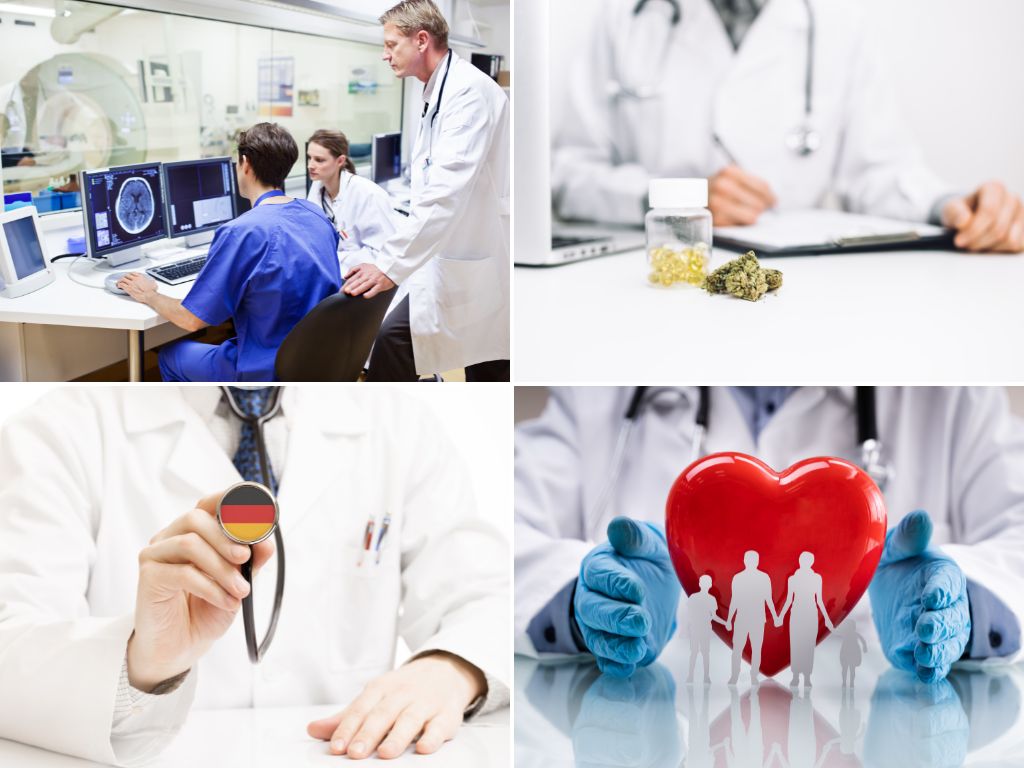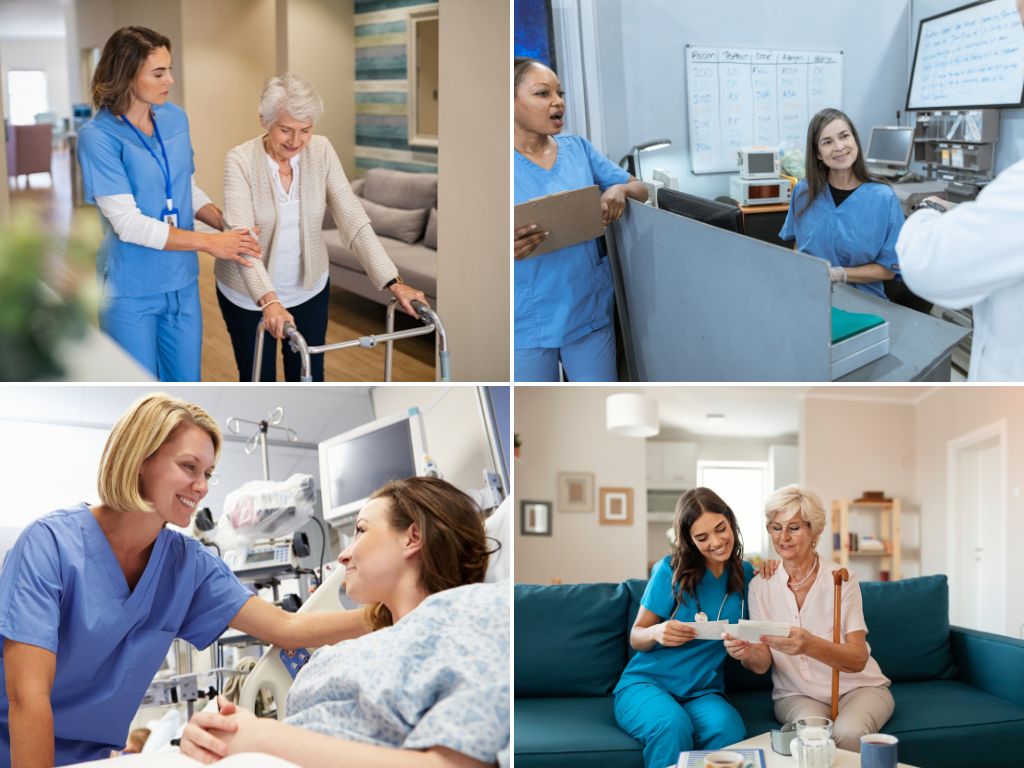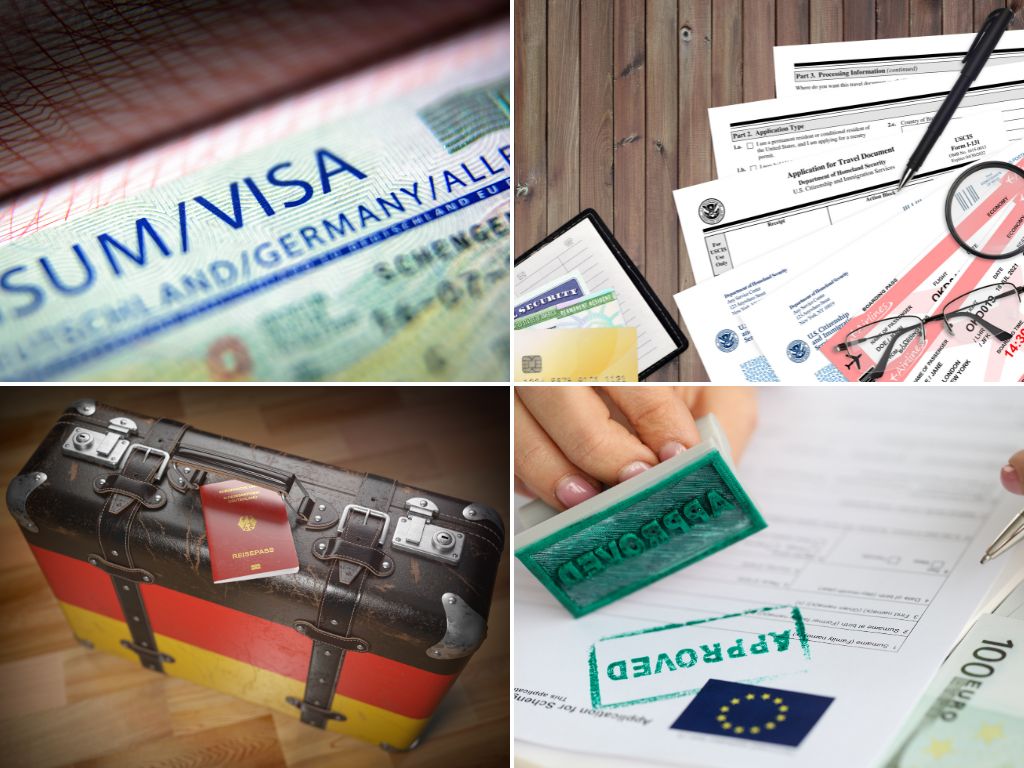Our expert team will assist you at every step, from job searching to application and interview preparation. Additionally, we provide support services for visa procedures and relocation to ensure a smooth transition. Join us today and let us help you take the next step in your career. You can see the support we offer by clicking on the link provided.There is a significant shortage of doctors in many European countries, especially in Germany, which is why facilitative laws for doctors to work in Europe are constantly being discussed. With our experienced team, we will be by your side throughout your journey as a doctor in different countries.
Working as a Doctor in Europe, especially in Germany
With the aging population in Europe, there is a shortage of professionals in almost every field, but there is a particularly high demand for doctors. Germany, being one of the most sought-after countries in recent years, holds a special place in this regard. Despite the high demand, the German government has high expectations regarding the German language proficiency and qualifications of doctors, which makes the process long and complex. Even to start looking for a job as a doctor, you need to have at least a B2 level of German proficiency. However, B2 level is not sufficient for most states; you need to pass a medical German exam at the C1 level to obtain a work permit in many states. This exam, known as FSP (Fachsprache Prüfung), is the nightmare of doctors. In some states, you can have a limited employment contract with a B2 level, but you must pass the FSP exam within 6 months. After attending job interviews and receiving an offer, it is beneficial to do an internship if possible, as it will be advantageous for your future career and the C1-level exam. The journey for a doctor to come to Germany is a long one, so if you have considered it, starting to learn German is a good idea. I can say that B2-level German is definitely not sufficient in a hospital setting.
In addition to your knowledge of German, it is necessary for you to obtain equivalency recognition. While an engineer can work in a private company without obtaining equivalency recognition, this is not the case for doctors. After passing the FSP (Fachsprache Prüfung), you can start working, but during this process, you will need to obtain equivalency recognition within a maximum of 2 years. Recently, many individuals have been able to obtain their equivalency recognition after completing the required documents through a long and challenging process. However, at times, German authorities may require you to take a science exam if they do not consider your education sufficient. The science exam, also known as Kenntnisprüfung, is similar to our TUS exam but with a greater emphasis on oral examination. Once you pass this exam, no one can stop you. As you can see, coming to Germany is a long journey. Many of our friends have given up at various stages of this journey, but for those who are patient, it is definitely possible to access the opportunities that Germany has to offer you.
What we do for you:
- We assess your German language level.
- We offer paid courses up to level B2 if you wish, but you can also reach up to B2 on your own. • When you obtain your B2 certificate, we provide support in preparing your equivalency and FSP application documents.
- It is not feasible to take the FSP exam without having a job offer (there is an exception with the Telc FSP exam, but it is not valid in most states). Therefore, we search for jobs on your behalf and arrange job interviews for you.
- We submit your application for equivalency and FSP to the German authorities along with your job acceptance letter.
- You can attend our preparatory courses for the FSP exam free of charge. Participating in these courses is crucial for understanding the exam format and improving your language skills.
- Once you pass the FSP exam, we help you with job placement. • We provide support in finding rental housing in Germany.
- We assist you with the documentation for family reunification.
What we expect from you:
- Never give up on learning German.
- Submit the requested documents to us in a complete manner, as any missing document will cause delays.
- Attend our courses. • If possible, do an internship (referred to as ''Hospitation'' in Germany) for doctors.
What about the fees?
- You are responsible for covering the costs of document translation, notarization fees (apostilles are free everywhere), postage, equivalency and exam application fees.
- As a consultancy fee, we only charge you 300 euros when we sign a contract with you. We do not request any additional fees.
If you wish to become a doctor in the UK, the process follows a different path. To work as a specialist doctor in the UK, you only need to prepare your documents thoroughly and submit them to the General Medical Council (GMC). Our experienced and expert team is always ready to provide consultancy in preparing your documents for GMC. For our newly graduated doctors, you will need to take the PLAB (Professional and Linguistic Assessments Board) exams. The training sessions we will organize in the future for exam preparation will be beneficial for you.
Austria and the Netherlands are among the preferred countries for doctors in recent times. Although the processes in Austria and the Netherlands are somewhat similar to Germany, there are differences in the procedures. Our professionals, who will manage your procedures through the country of your choice, will share the specific procedures of these countries with you.















0 Comment
No comments yet. Be the first to comment.